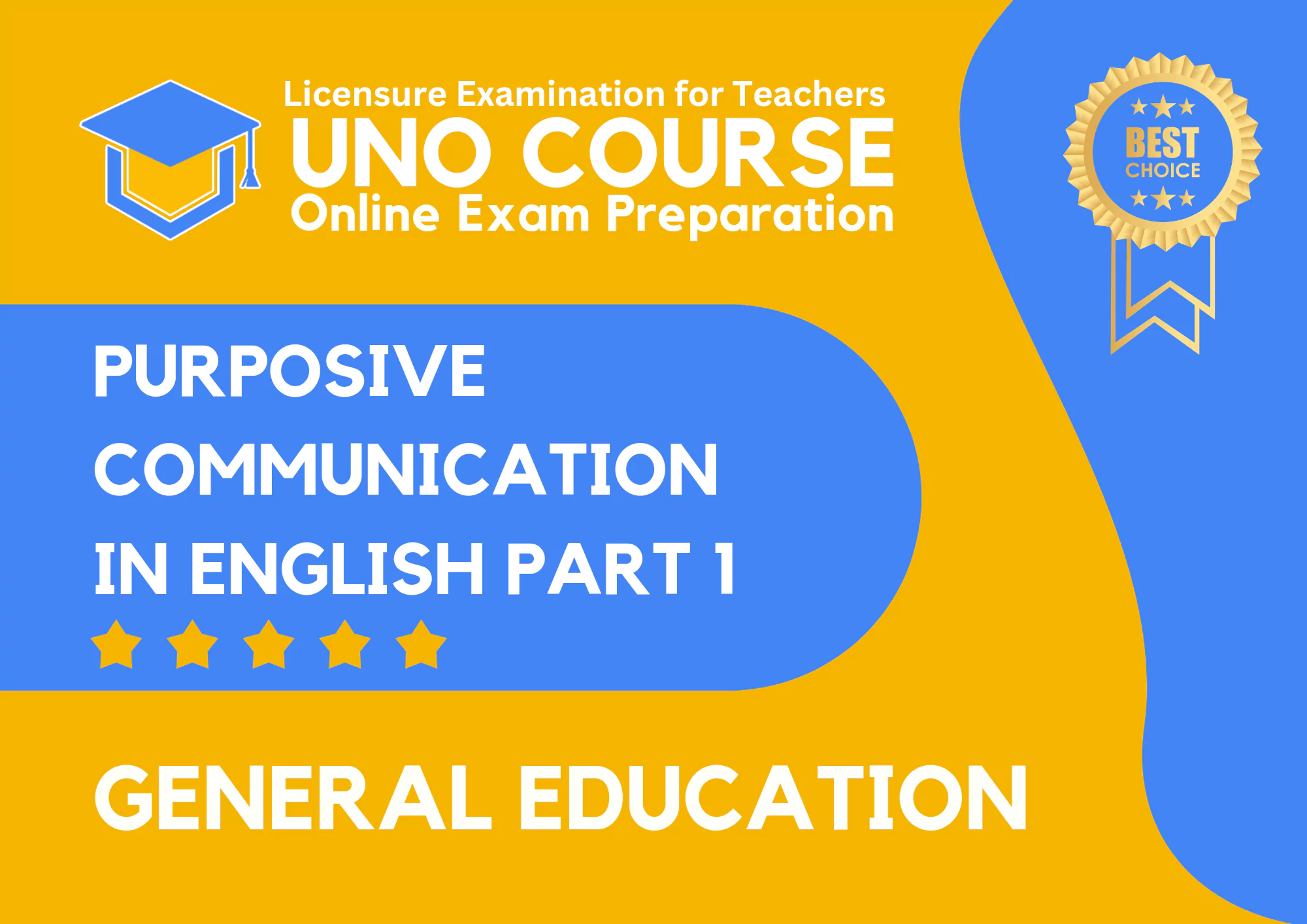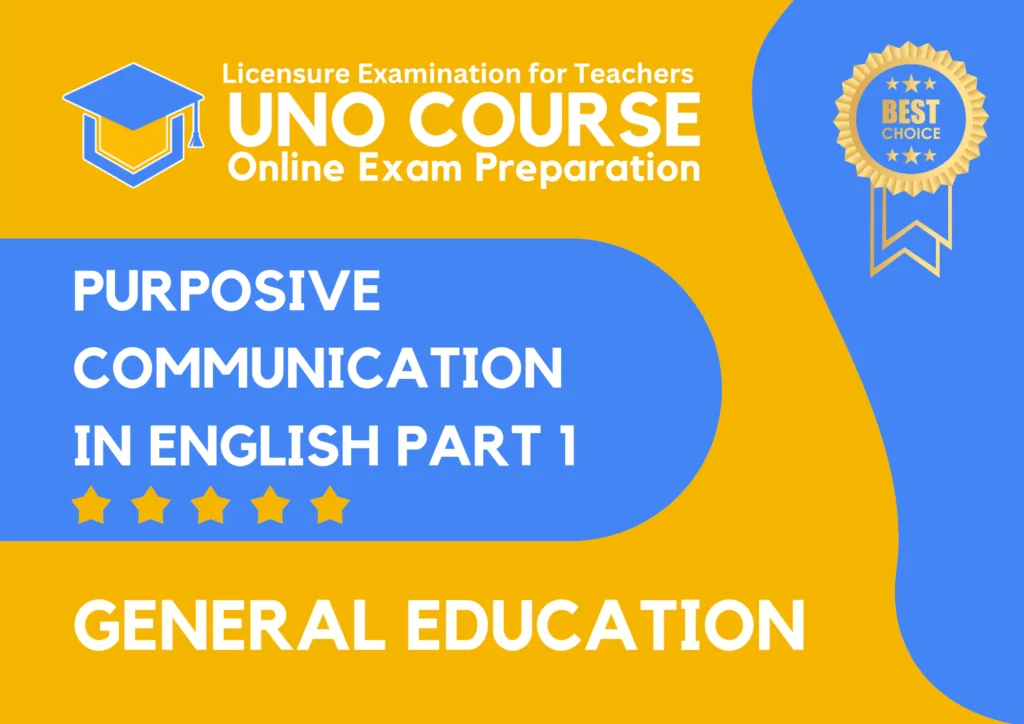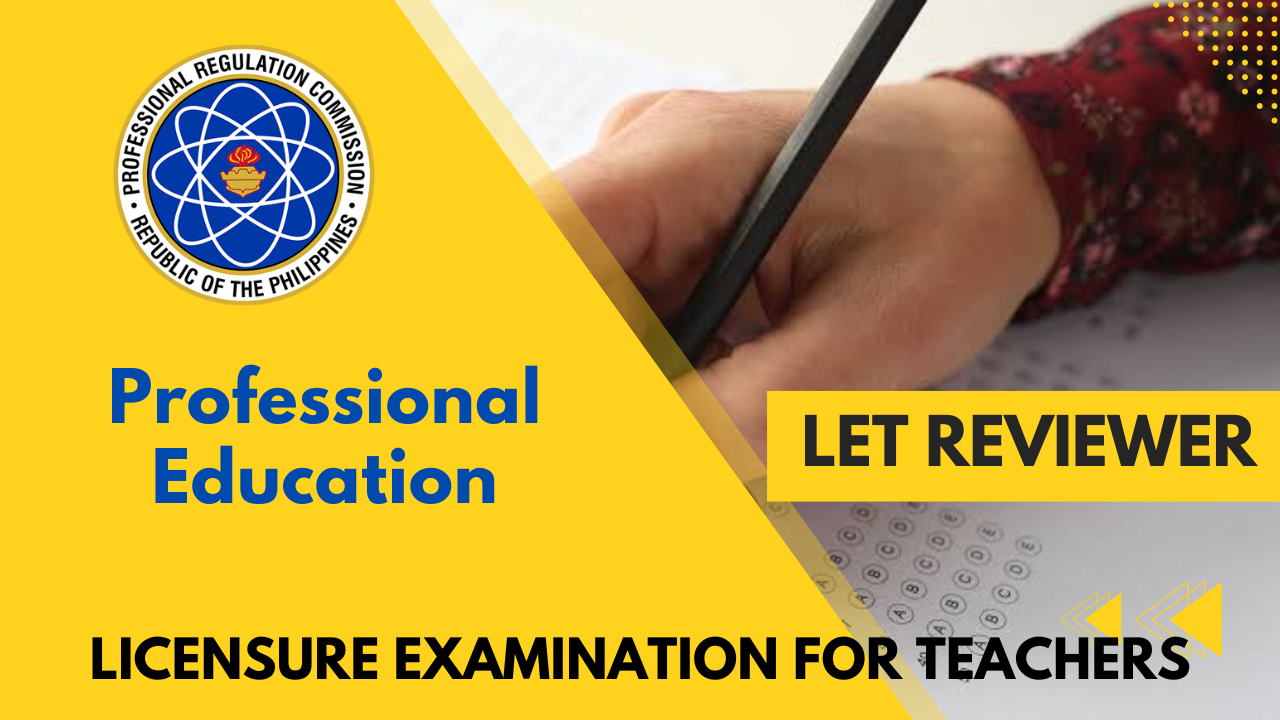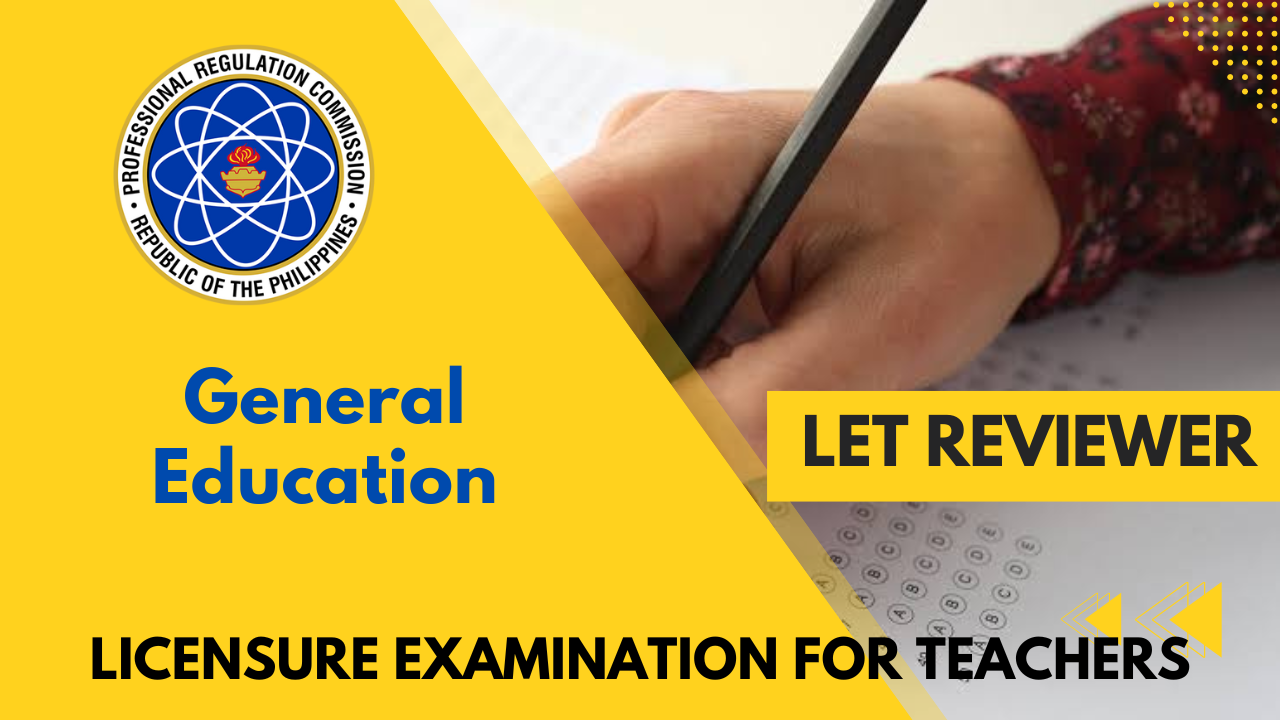

General Education in the New Curriculum – English Test 1
Purposive Communication in English
A. If only I had more time I could relax.
B. If only he hadn’t told his mother everything.
C. Only if you clean up your room, will you find your lost jeans.
D. If you wash only your clothes with a detergent, will they be spotless.
D. If you dry only your dishes with a towel, will they be spotless.
“only” is wrongly placed. It should be at the beginning of the sentence.
A. We’ll watch a movie earlier if we finish our task earlier, too.
B. We’ll bring some fruits unless you wish.
C. You will have good grades unless you get emotionally disturbed by your friend’s demise.
D. We’ll arrive at 8:00 A.M. unless our train is late.
B. We’ll bring some fruits unless you wish.
“unless you wish” means “except if” and is therefore wrongly used in B.
A. all ready
B. already
C. already very ready
D. all ready with
A. all ready
All ready, already.
All ready means that everyone is ready; already means “previously” or “by this time.”
A. all ready
B. already
C .should
D. shall
B. already
The word “met” is in the past tense of the verb, thus, these words “should’ and “shall” can’t go with it.
The words “all ready” means that everyone is ready while the word “already” means “previously” or “by this”
A. all together
B. altogether
C. with one another
D. all
A. all together
Purposive Communication in English
A. altogether
B. all together
C. everyone
D. together
A. altogether
All together means “considered as a group”; altogether means “entirely” or “completely.”
A. complement
B. compliment
C. complementary
D. complimentary
A. complement
The word complement is “to complete or enhance,” while the word compliment means “to express praise.” These two words can be used a noun or a verb.
A. complements
B. compliments
C. complementary
D. complimentary
B. compliments
The word complement is “to complete or enhance,” while the word compliment means “to express praise.” These two words can be used a noun or a verb.
A. beside
B. besides
C. on the side of
D. at the side of
A. beside
The word beside is a preposition which means “by the side of,” while the word besides is a preposition which means “except” and also, it is an adverb word which means “in addition (to).”
A. besides
B. beside
C. on the side of
D. at the side of
A. besides
The word beside is a preposition which means “by the side of,” while the word besides is a preposition which means “except” and also, it is an adverb word which means “in addition (to).”




0 Comments